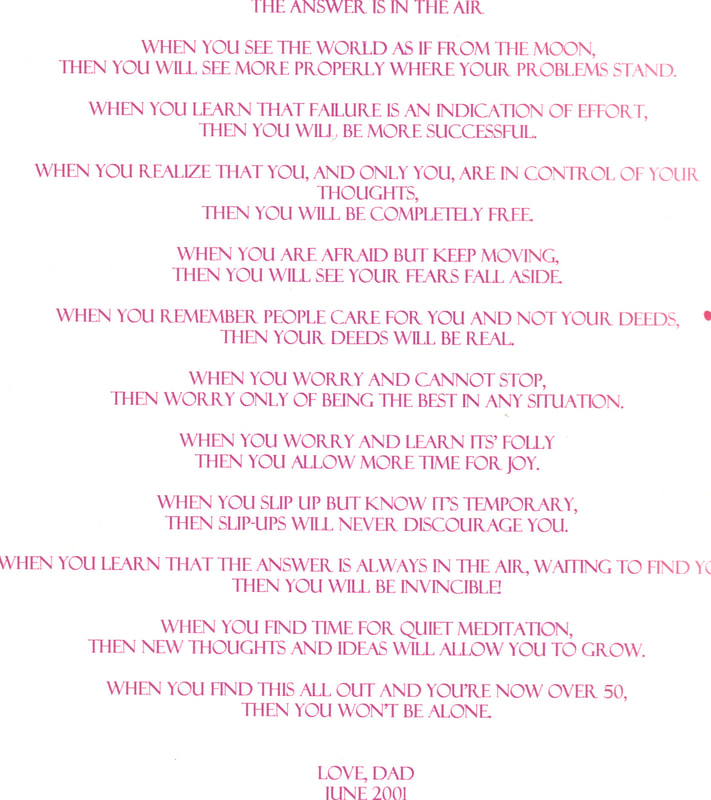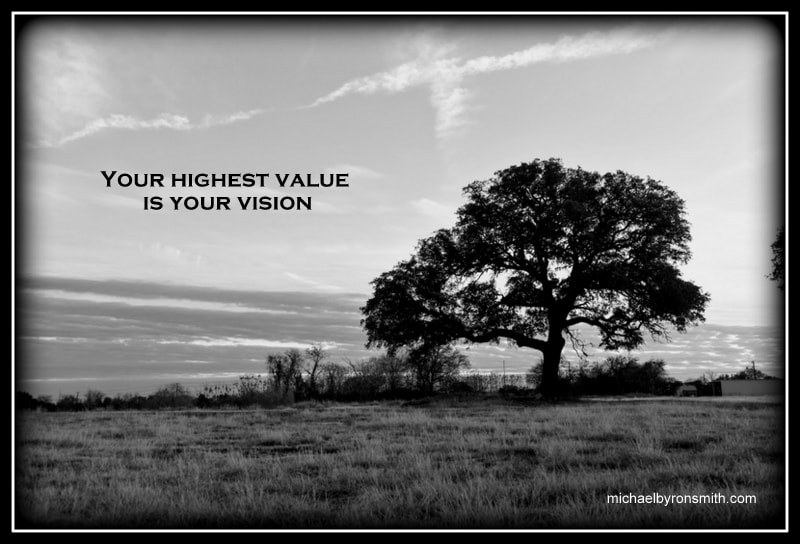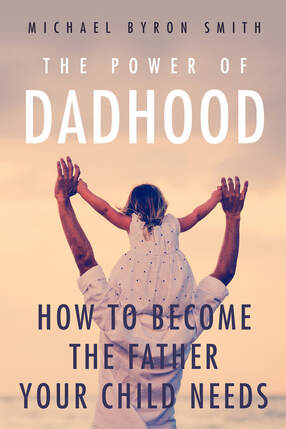 This little one wants to do things herself!
This little one wants to do things herself! ~ Benjamin Franklin
My goal in life is good health, to be free of anxiety, to help others when possible, and not have to depend on anyone. That’s also what I want for my children. Granted, we don’t have control in all of these things, but we do have a say. I find that we don’t always take advantage of our ‘say’ in these matters. I have placed myself in situations where my health is ignored, where anxiety is a bi-product of a choice I made, where I pass on chances to help, and dependency is the only way out of a predicament. So do you!
Nevertheless, we should strive to do our human best to help ourselves despite the fact we will often fail in our efforts. But failing at improvement is like failing to reach the top of Mt. Everest. Even if you don’t reach the peak, you have demonstrated a willingness to plan ahead, to look risk in the face, and to ignore some present suffering to achieve a higher goal – all tools of future success!
Most of those I know would not express their thoughts of me as a ‘hard-ass’, at least I hope so. However, a few friends and family have criticized me for my views on self-responsibility by declaring some people are more helpless than others. While true, I’m a hardliner on pushing accountability to the degree possible for each of us. I’m a hard-ass on myself as much as anyone. Almost every disadvantage ever placed upon me involved terrible decisions as a factor, whether those decisions were my own or those who were responsible for raising and/or influencing me. These acts were rarely, if ever, intentional -- just a lack of foresight or inability to take charge. I rarely fault myself for bad outcomes as much as I do for a lack of planning or for not considering all possible outcomes.
Passing down questionable life choices
Without getting into detail, I was raised in a very dysfunctional home where daily life was chaotic. No stability, no feelings of comfort or safety, a lack of money, and life lessons that were reactive instead of proactive. Why? Much had to do with the choices of, not only myself and those directly influential in my life, but also those before them -- and those before them. For example, my paternal grandfather owned a bar and, in tragic irony, was an alcoholic. His wife, while kindly, was not an ideal mother in any sense of the term. Together they had six boys and one girl in a highly dysfunctional home – their lives revolving around the running of a tavern and all that comes with that. My father, the third oldest, being lost in the crowd and without much supervision, left home at 11 years of age learning the life of a vagabond and becoming an alcoholic like his father. While still a teen, he decided to see the world joining the Merchant Marines and sailed the seas, disappearing often and rarely sharing his pay with his family.
My mother’s parents were sharecropping farmers in southeast Missouri. My grandmother had a hard life! Her mother died eight days after her birth, and her father shipped her off to live with another family in the aftermath. She was forever unhappy -- even in her later years. My maternal grandfather, her husband, was a very strict, stoic, and religious man, kind but never displaying much love towards his wife or daughter. He was a very hands-off father busy with his farming and religion. My grandparents divorced when my mother was thirteen, and she didn’t see her father for four years. The effect this life had on my mom was predictable -- a young girl who wanted adventure, the attention of a male figure, to be told she was pretty, and deserving of love. Although a good student, she quit school at sixteen years of age thinking she was ready to be an adult.
My nomad father had a thing for redheads and met my fifteen-year-old redheaded mother, nine years his junior, while home between sea duty. When sober, he had a very charming side to him and gave my mother the attention she craved. Although put off by the age difference, my mother enjoyed the attention of an older, interesting, man of the world. Well, it was quite inevitable that I would eventually come into this world as a result of their liaisons. I thank them for that or I would not be here, but they were not meant to be parents, not as a teenager for my mother, and never for my father, who refused any responsibility for his children.
They decided to get married soon after my mother became pregnant at 16 years old and eventually brought six more children into the world. That brings me back to our dysfunctional upbringing and the point I want to make. The mistakes my parents made -- quitting school, drinking, my father’s decision to abandon us, etc. -- were directly responsible for our plight. Indirectly responsible were the conditions in which they were raised themselves and so forth. Fault is rarely borne to one person; it has a family tree. Therefore, it's up to ourselves to break free of unhealthy life choices passed down to us. This isn’t to say that one can’t make terrible decisions on their own, nor does it suggest we place all fault on our parents
So as I grew up, we were often on welfare or given some mercy on occasion by churches, etc.. We got blocks of cheese and powdered milk from the government, more than we could consume, and toys from caring people at Christmas. We needed help, but why? Unwise life choices! It wasn’t the fault of us children, not yet. But our lifestyle was sure to be imitated in varying degrees into the next generation if something didn’t change. As it turned out, we all made common mistakes growing up but added to that were the burdens that followed us from our upbringing. Today, despite five siblings failing to graduate from high school, mimicking our parents, most of us have broken the cycle of chaos to lead much better lives for our families! Unfortunately, a couple of siblings struggle mightily to this day from a lack of planning, a feeling of helplessness or defeat, or just bad choices; and those struggles have now moved into a third generation for some.
Being accountable is being answerable to no one…but yourself!
You don’t have to be stupid to make bad decisions. All it takes is a lack of vision and a lack of planning. Those in our family who have elevated their situation in life have taken on accountability for their futures. We’ve changed our ways and found people to listen to, taking their advice. We have all worked very hard to get past the lifestyle we knew. Self-responsibility or the lack of it is a learned characteristic for most! If being responsible for one’s self is not absorbed through the example of others, then we must start being accountable for seeking it ourselves. Those that do will always do better than those who don’t.
Note: I must qualify that the type of people I’m talking about have the resources we have in the US, with reasonable intelligence, no major medical (including mental) issues or disabilities. I also exclude those with whatever disadvantages I am leaving out that cannot be controlled by themselves. Those who are so unfortunate deserve our help in every way possible! They above anyone deserve compassion! Yet so many people are in terrible situations from their own disservice to themselves and take resources from those that didn’t have a choice, or had no part in their predicament.
Questions to ask yourself
So, parents, I ask you to think about a few things. 1) What bad habits and lessons did you pick up from your parents? 2) Have you tried to kick them out of your life? 3) Are there bad habits and/or misleading lessons you are passing on? You may not know unless you think about it. 3) Are you making excuses for your children and not putting any responsibility on their shoulders? 4) Are you consistent, fair, and demanding enough, or is it too easy to look the other way? 5) How many mistakes have you or your children made that have placed a burden on their lives that could have been avoided?
Sometimes it just takes a little thought and a change in attitude to change your life in beautiful ways. It would do well for your children to hear words like these from you, their parents. In no way do I, nor will anyone, expect bad choices to cease. That’s merely impossible, even when thought is given in advance. No doubt my mistakes will continue as long as I live. However, nothing but good can come from minimizing as many mistakes as possible. And yes, in times of a tough economy, the best of us can feel it – but not nearly as much as those without the power of self-responsibility. Teach your children responsibility and give responsibility to them. Besides love, there are not many things better to offer!
Michael Byron Smith,
Author of “The Power of Dadhood”
























